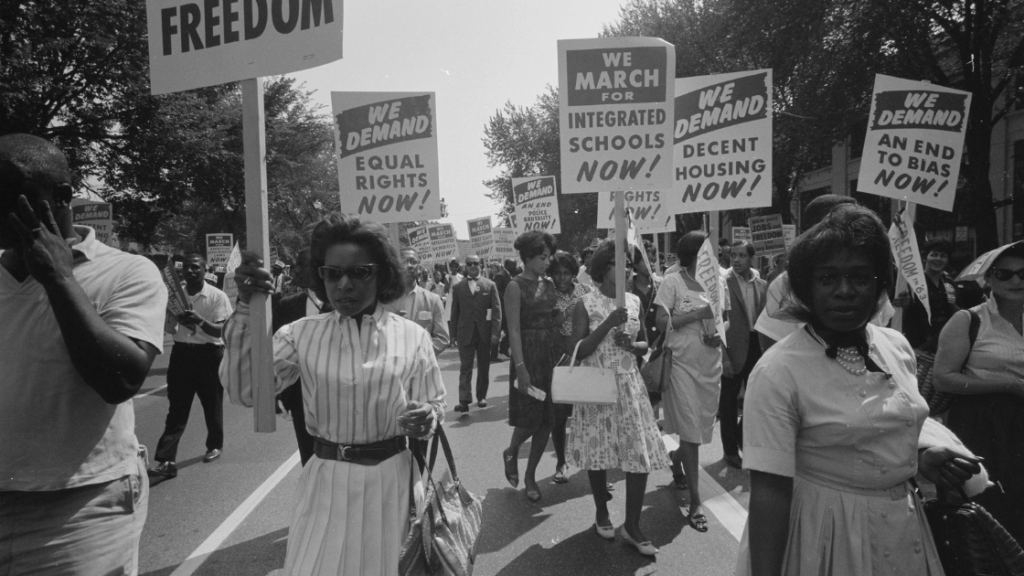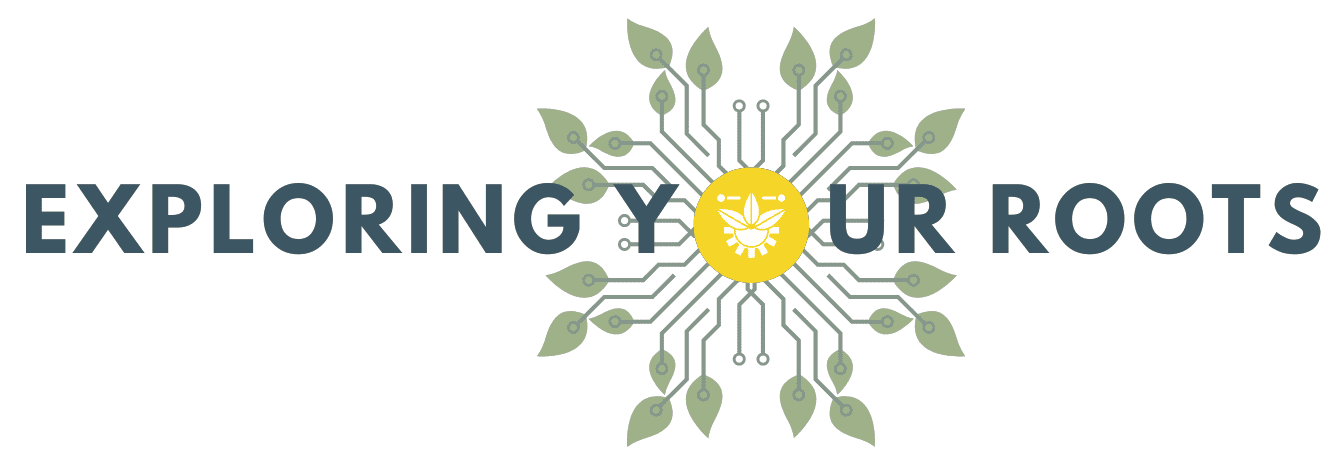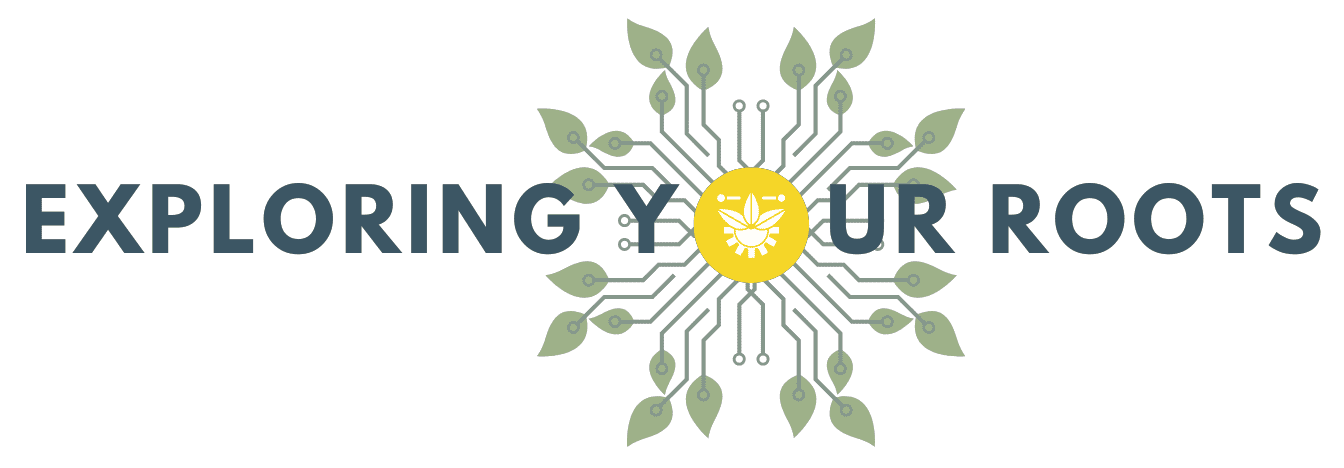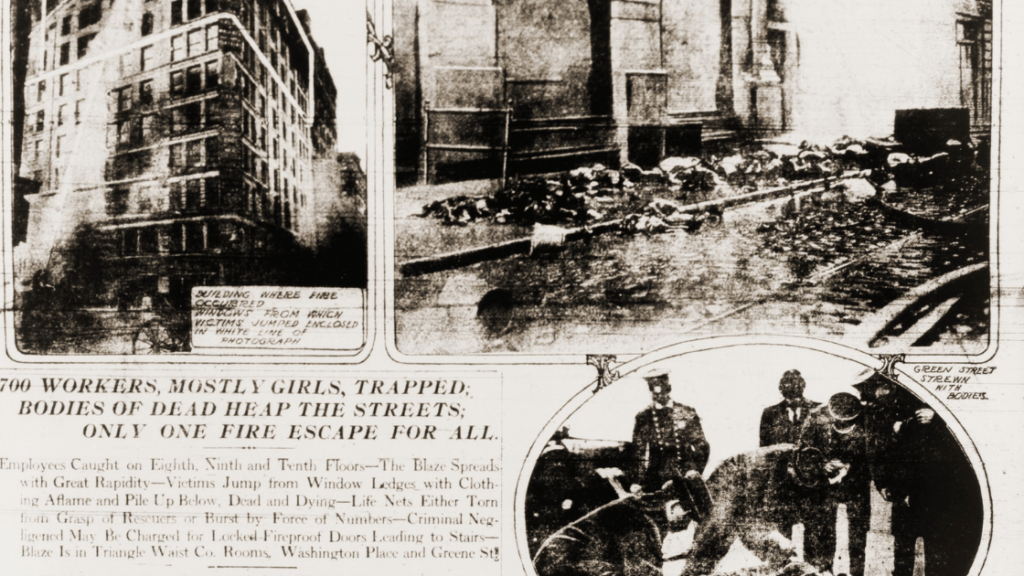Why should investigating historical context be an important part of your genealogy research? Because the backdrop against which our ancestors’ lives played out reveals stories that echo through time and shape our understanding of who we are. Ancestor research isn’t a mere stroll down memory lane—it’s a quest to unravel the details of those who came before us and understand their joys, sorrows, and everyday struggles.
Why Historical Context Matters
When we delve into genealogy, we’re not merely collecting names and dates. We’re detectives piecing together a grand narrative. Here’s why historical context matters:
Understanding Lives Beyond Birth and Death
Imagine your great-great-grandmother, her name etched delicately on a yellowed marriage certificate. But she’s more than ink on paper. She’s a woman who laughed, cried, and dreamed. Historical context lifts her from the shadows. It whispers about the era she inhabited— the societal norms, economic challenges, and cultural shifts she was a part of. Suddenly, she’s not just a name; she’s a resilient soul navigating a world we can now glimpse.
Contextual Clues: The Burned Courthouse and Hidden Stories
Sometimes it’s not possible to reconstruct family history from documents and records. Picture this: your ancestor’s county courthouse engulfed in flames; records turned to ashes. But historical context is our secret decoder ring. It tells us about the fire—the panic, the loss, the scramble to reconstruct vital documents. Suddenly, alternative paths emerge—oral histories, church records, or even old letters tucked away in attics. The burned courthouse becomes a pivotal chapter in your family saga.
Beyond Birth and Death: Painting a Vivid Picture
Genealogy records like birth certificates and tombstones are mere snapshots. Historical context paints the entire mural. Imagine your great-uncle during the Great Depression—a time of breadlines, dust storms, and resilience. His choices—frugal, resourceful—make sense now. He wasn’t just a man; he was a survivor, shaping your family’s legacy. And beyond the dates of birth and death, we glimpse the hues of his life—the tones of struggle, the vibrant brushstrokes of hope.
Ways to Uncover Historical Context

Local Libraries and Archives: Portals to the Past
Step into your local library—the hallowed halls where whispers of history echo. Here’s where you’ll find dusty tomes, yellowed newspapers, and city directories that breathe life into your ancestors’ stories. Here are just a few resources you’ll find:
- Reference Materials: These are your treasure maps. Seek out local history books, gazetteers, and atlases. They reveal forgotten neighborhoods, vanished landmarks, and the rhythm of life in your ancestor’s time.
- City Directories: Imagine flipping through pages that list your great-grandfather as a blacksmith on Elm Street. City directories are like ancient LinkedIn profiles—they connect you to your kin. Note down addresses, occupations, and neighbors. They’re breadcrumbs leading to hidden tales.
- First Families: Every town has its founding families—the pioneers who shaped its destiny. Dive into their narratives. Who were they? What struggles did they face? Their stories intertwine with your own.
Remember, meticulous record-keeping is your compass. Jot down sources, dates, and snippets. You’re a historical detective, piecing together a mosaic of the past.
Historical Societies: Knocking on Hidden Doors
Now, let’s venture beyond library shelves. Knock on the doors of historical societies—they guard secrets like ancient dragons. Here’s a beginning roadmap:
- Google Quest: Type your town’s name + “historical society.” Voilà! You’ve unearthed a gold mine. These societies hold archives, oral histories, and artifacts. Reach out; they’re more welcoming than you’d think.
- Small Societies, Big Insights: Don’t underestimate small-town societies. Their dusty attics harbor gems. Maybe your great-aunt’s diary lies there, ink fading but memories vivid. Personal connections matter—someone’s grandma knew your grandma.
- Civil War Shadows: In the American South, the Civil War left scars. Records burned, families scattered. Historical societies hold fragments—a tattered letter, a soldier’s photo. These fragments weave your ancestor’s saga.
Examples of Historical Context Enhancing Genealogy Research

The Resilience of Wars and Conflicts
Step into your uncle’s boots during World War II. The battlefield, the camaraderie, the fear—it’s all part of his story. Historical context reveals the global turmoil—the rationing, the victory gardens, the women working in factories. Suddenly, his medals aren’t just shiny metal; they’re symbols of sacrifice and courage. And as you trace his steps, you realize resilience isn’t a buzzword; it’s etched in the DNA of your family tree.
Social and Cultural Trends: A Changing World
Our ancestors danced to the rhythm of their times. The Roaring Twenties, the Civil Rights Movement, the advent of television—they lived through it all. Investigate the fads, the music, the inventions. How did these shape their lives? Perhaps your great-aunt’s love for jazz echoes in your own passion for music. Their stories ripple through generations, influencing the way we navigate our own modern lives.
Modern Relevance: Connecting Past and Present
Historical context isn’t a dusty relic; it’s a bridge to today.
Resilience and Adaptability
Our ancestors weathered storms—literal and metaphorical. Their resilience inspires us. When life throws curveballs, we remember their grit. They survived wars, famines, and heartaches. We can navigate our challenges too.
Identity and Heritage
Knowing where we come from strengthens our sense of self. We’re not isolated beings; we’re threads woven into a rich tapestry. Our heritage—whether rooted in a small village or a bustling city—shapes our identity.
Navigating Modern Life
Lessons from the past guide our decisions. When we face dilemmas, we ask: What would Grandma have done? Her wisdom echoes across time. We honor her by living purposefully.
Remember, our ancestors’ stories are woven into the fabric of history. By adding historical context to our genealogy research, we honor their legacy and gain valuable insights for our own lives. 🌟
Sources:
Historical Context for Genealogy Research: What Your Ancestor’s Surroundings Say About Them
Mastering Timelines in Genealogy Research


